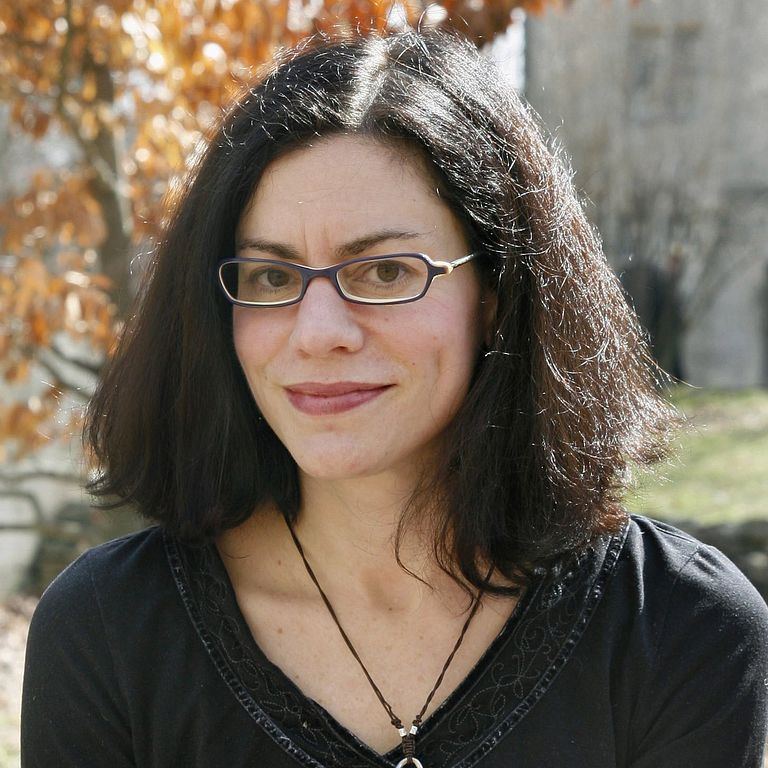Leading scholars of religion, ecology, philosophy, earth systems and other disciplines will be at Indiana University Bloomington next month for an international conference focused on the changing conceptions of what it means to be human.
The conference, “Religious Perspectives and Alternative Futures in an Age of Humans,” will take place May 17 to 20 in the Indiana Memorial Union on the IU Bloomington campus. It is open to the public, and registration information is available on the IU Conferences website.

The conference is one of a series of public events in the multi-year, multi-university project “Being Human in the Age of Humans: Perspectives from Religion and Ethics.” The project is led by Lisa Sideris, professor of religious studies at IU Bloomington, with colleagues at the University of Notre Dame, the University of Chicago and Michigan State University.
“The conference themes address key issues associated with the so-called Anthropocene, or Age of Humans – a new geological age that is said to mark an unprecedented increase in human alteration of the planet and its natural environment,” Sideris said.
“Prominent scholars will discuss the scientific, ethical, social and religious dimensions of climate change, species extinction and food production, among others. The conference is especially notable for its attention to religious and indigenous perspectives on the proposition that the human species is remaking the planet.”
Organizers of the conference say the Anthropocene – and the human capacity to alter the planet and even determine its fate – resonates with mythic and religious themes, making it ripe for analysis by scholars of religion and related fields. The conference and the scholarship that it generates will draw on those themes to generate alternative understandings of human agency and responsibility.
The conference will feature talks by eight keynote presenters, including Eileen Crist, author of “Images of Animals: Anthropomorphism and Animal Mind”; Rosalyn LaPier, an indigenous writer and ethnobotanist and organizer of the national March for Science; J. Baird Callicott, a philosopher who founded the field of environmental ethics; and Jill Schneiderman, an earth scientist known for bringing a feminist perspective to critical science studies.
The “Being Human in the Age of Humans: Perspectives from Religion and Ethics” project is funded with a three-year, $141,215 grant from Humanities Without Walls initiative, which links humanities research centers at 15 Midwestern universities, including the College Arts and Humanities Institute at IU Bloomington. In addition to Sideris, members of the research team are Celia Deane-Drummond of the University of Notre Dame, Sarah Fredericks of the University of Chicago and Kyle Powys Whyte of Michigan State University.

